What Is a Waiver of Subrogation?
So you just secured a great job with a major client and are all excited to go to work... Oops, you forgot to look at those insurance requirements didn't you? Don't worry, this happens quite a bit. However, it is important to understand insurance requirements and how they affects your coverage and possibly premiums before you sign contracts...
Now more than ever, companies are requiring complex insurance policy endorsements from their vendors in addition to standard coverage and limit requirements. It is not uncommon for a company to require a Waiver of Subrogation from any entity who performs work on their behalf or comes onto their job site. While most insureds simply ask their insurance agent or broker to add the appropriate language and endorsements to their Certificate of Insurance to meet a job requirement, you should understand how the Waiver of Subrogation affects their insurance coverage.
So what does subrogation mean? The easiest way to describe Subrogation is when it is practiced in the event of an auto accident. If you are in an accident and the other driver is at fault, your insurance company will pay to have your car fixed, and then they will collect from the at-fault driver’s insurance company to recover the amount they had to pay to fix your car. This practice is performed so the insured does not have to wait for a case/dispute to be settled prior to having their car repaired.
A Waiver of Subrogation is an endorsement that prohibits an insurance carrier from recovering the money they paid on a claim from a negligent third party. A client may require this endorsement from you to avoid being held liable for claims that occur on their jobsite. Most carriers can add this endorsement. Some will charge a fee to add so you may want to consider this when bidding on jobs where it's required.
A Waiver of Subrogation often comes in two different formats. The verbiage will either specifically name an entity that the carrier waives its’ right to subrogate against, or will be in the form of a Blanket Waiver of Subrogation. If a Blanket Waiver of Subrogation is provided, the carrier must obtain permission from the named insured to subrogate against a third party.
In summary, a Waiver of Subrogation removes an insurance carrier’s ability to recover the money paid on a claim from a third party. Your clients will ask for this to avoid finger pointing after a claim, but by adding a waiver of subrogation, you expose yourselves and your insurance more than you may want to. Therefore, it's important to talk to you broker about complicated insurance requirements. Have questions about this or other requirements you don't fully understand in your contracts, contact us for assistance!

